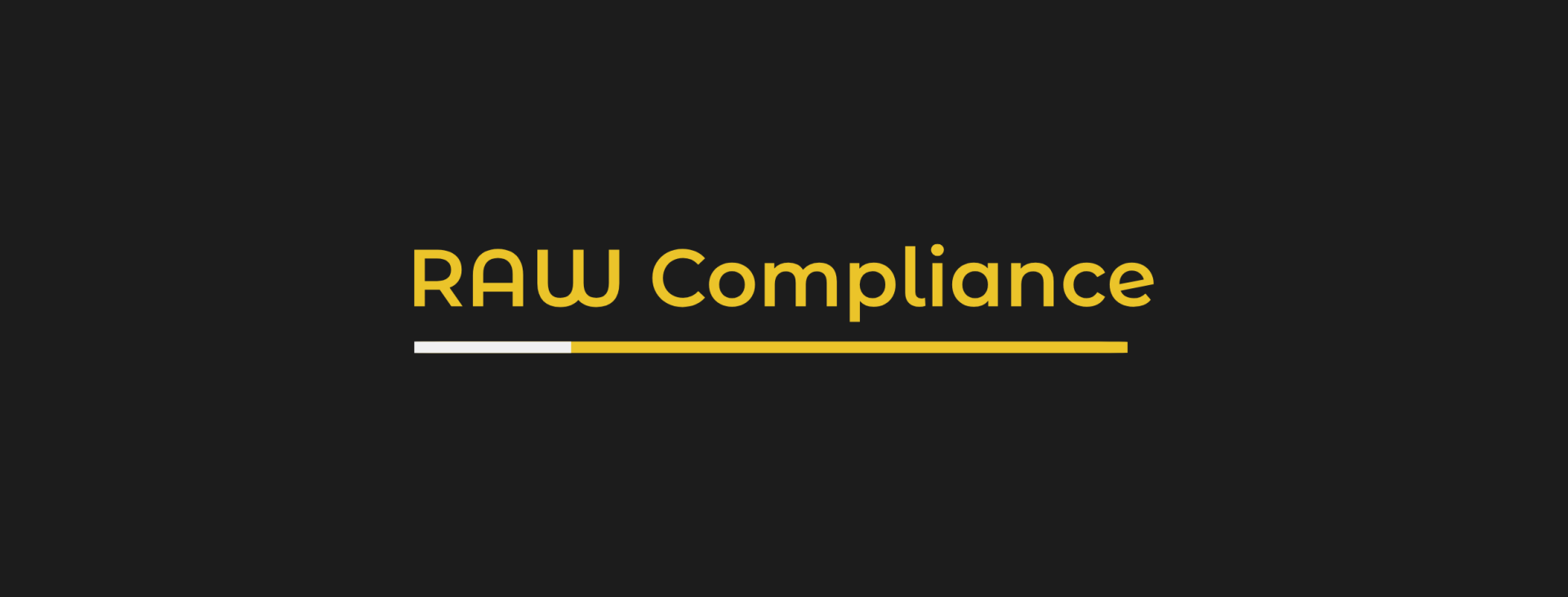Join today
Blockchain Analytics Certification
This course is designed to provide a comprehensive understanding of blockchain analytics, covering fundamental concepts, tools, techniques, and practical applications. By the end of this course, participants will be equipped with the knowledge and skills necessary to analyse blockchain data effectively, understand transaction patterns, identify fraudulent activities, and leverage blockchain technology in various industries.
Format
Online Course
Self Paced
Launch date
February
2026
Duration
12 Hours
Price
Free
What you are going to learn
Blockchain Analytics Certification
Course Outline
Module 1: Introduction to Blockchain Technology
Module 2: Fundamentals of Blockchain Analytics
Module 3: Tools and Platforms for Blockchain Analytics
Module 4: Techniques in Blockchain Analytics
Module 5: Practical Applications
Module 6: Advanced Topics
Module 7: Hands-On Projects and Case Studies
Final Assessment and Certification
Module 1: Introduction to Blockchain Technology
a. Blockchain Basics
- What is blockchain?
- Key features: decentralization, immutability, transparency
- Types of blockchains: public, private, consortium
b. Blockchain Architecture
- Blocks and chains
- Consensus mechanisms: Proof of Work (PoW), Proof of Stake (PoS), and others
- Smart contracts and their applications
c. Blockchain Use Cases
- Cryptocurrencies (e.g., Bitcoin, Ethereum)
- Supply chain management
- Financial services
Module 2: Fundamentals of Blockchain Analytics
a. Introduction to Blockchain Data
- What is blockchain data?
- Structure of a blockchain transaction
- Understanding addresses, wallets, and keys
b. Data Sources
- On-chain data vs. off-chain data
- Blockchain explorers (e.g., Etherscan, Blockchain.info)
- APIs and data providers (e.g., CoinGecko, CoinMarketCap)
c. Key Metrics and Indicators
- Transaction volume
- Network hash rate
- Mining difficulty
- Gas fees and transaction fees
Module 3: Tools and Platforms for Blockchain Analytics
1. Blockchain Explorers
- Using blockchain explorers for basic analysis
- Exploring transactions, addresses, and blocks
2. Data Analytics Platforms
- Introduction to platforms like Chainalysis, Elliptic, and Crystal Blockchain
- Features and functionalities
- Case studies and examples
3. Visualization Tools
- Using visualization tools like Tableau and Power BI
- Creating dashboards for blockchain data
- Interpreting visual data representations
Module 4: Techniques in Blockchain Analytics
1. Data Extraction and Preprocessing
- Extracting data from blockchain
- Cleaning and preprocessing data for analysis
- Handling large datasets
2. Blockchain Data Analysis
- Descriptive analysis: summarizing blockchain data
- Predictive analysis: forecasting trends using machine learning
- Network analysis: understanding transaction networks
3. Anomaly Detection
- Identifying abnormal transactions
- Techniques for detecting fraud and money laundering
- Case studies on fraud detection
Module 5: Practical Applications
1. Cryptocurrency Market Analysis
- Analyzing market trends
- Evaluating market sentiment
- Portfolio management and risk assessment
2. Compliance and Regulatory Insights
- Understanding regulatory requirements
- Compliance analytics for KYC/AML
- Reporting and auditing
3. Industry-Specific Applications
- Use cases in finance, supply chain, healthcare, etc.
- Implementing blockchain analytics in real-world scenarios
Module 6: Advanced Topics
1. Privacy and Security in Blockchain
- Privacy-preserving techniques
- Security challenges and solutions
- Future trends in blockchain security
2. Integrating Blockchain with Other Technologies
- IoT and blockchain
- AI and blockchain
- Case studies of integrated solutions
3. Future of Blockchain Analytics
- Emerging trends and technologies
- The role of quantum computing
- Predictions and future outlook
Module 7: Hands-On Projects and Case Studies
1. Project 1: Transaction Analysis
- Analyzing Bitcoin transactions
- Identifying patterns and trends
2. Project 2: Fraud Detection
- Building a model to detect fraudulent transactions
- Evaluating model performance
3. Project 3: Market Sentiment Analysis
- Using sentiment analysis tools to evaluate market sentiment
- Predicting price movements based on sentiment data
Final Assessment and Certification
- Final Examination
- Certification awarded upon successful completion
